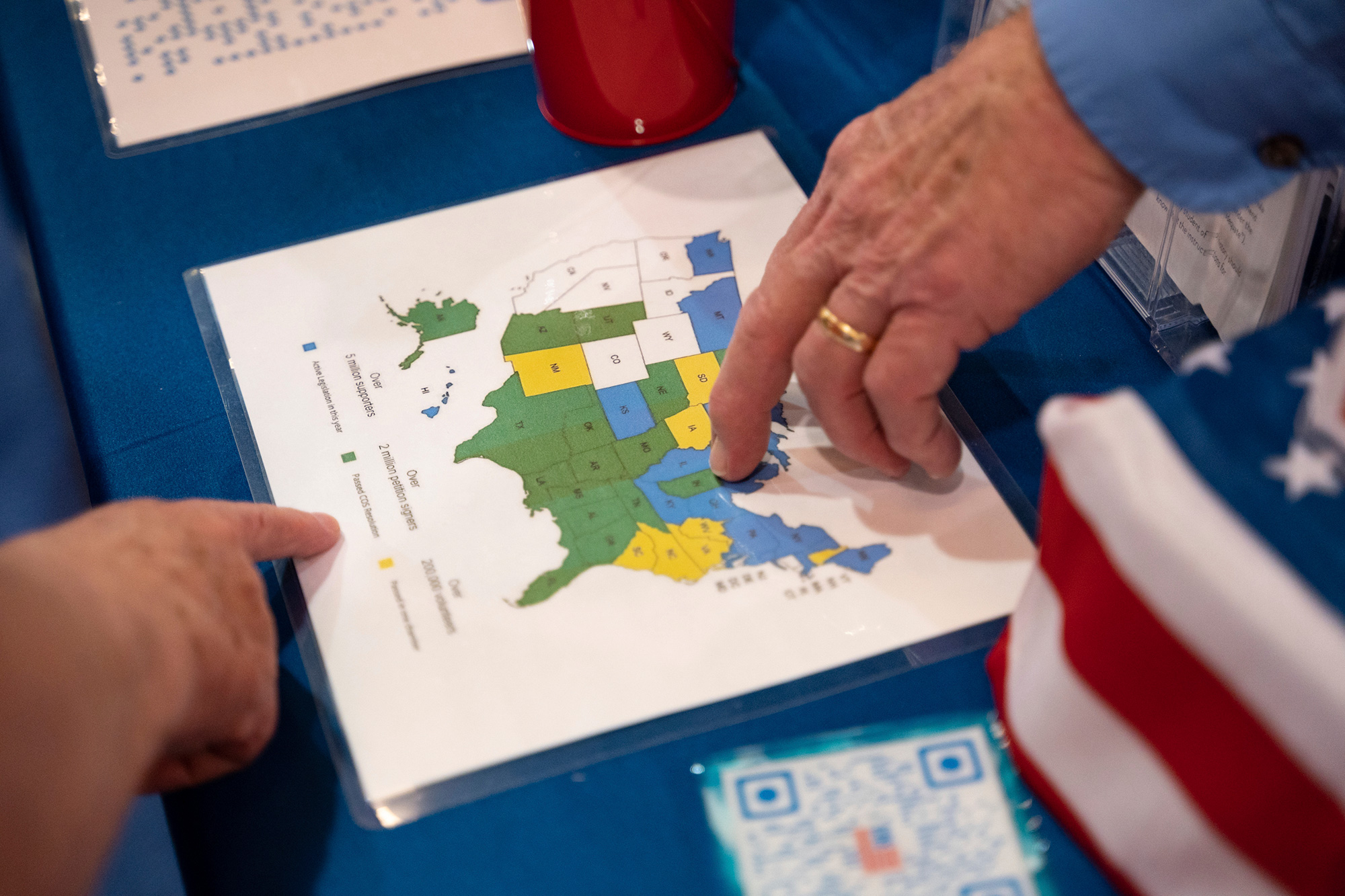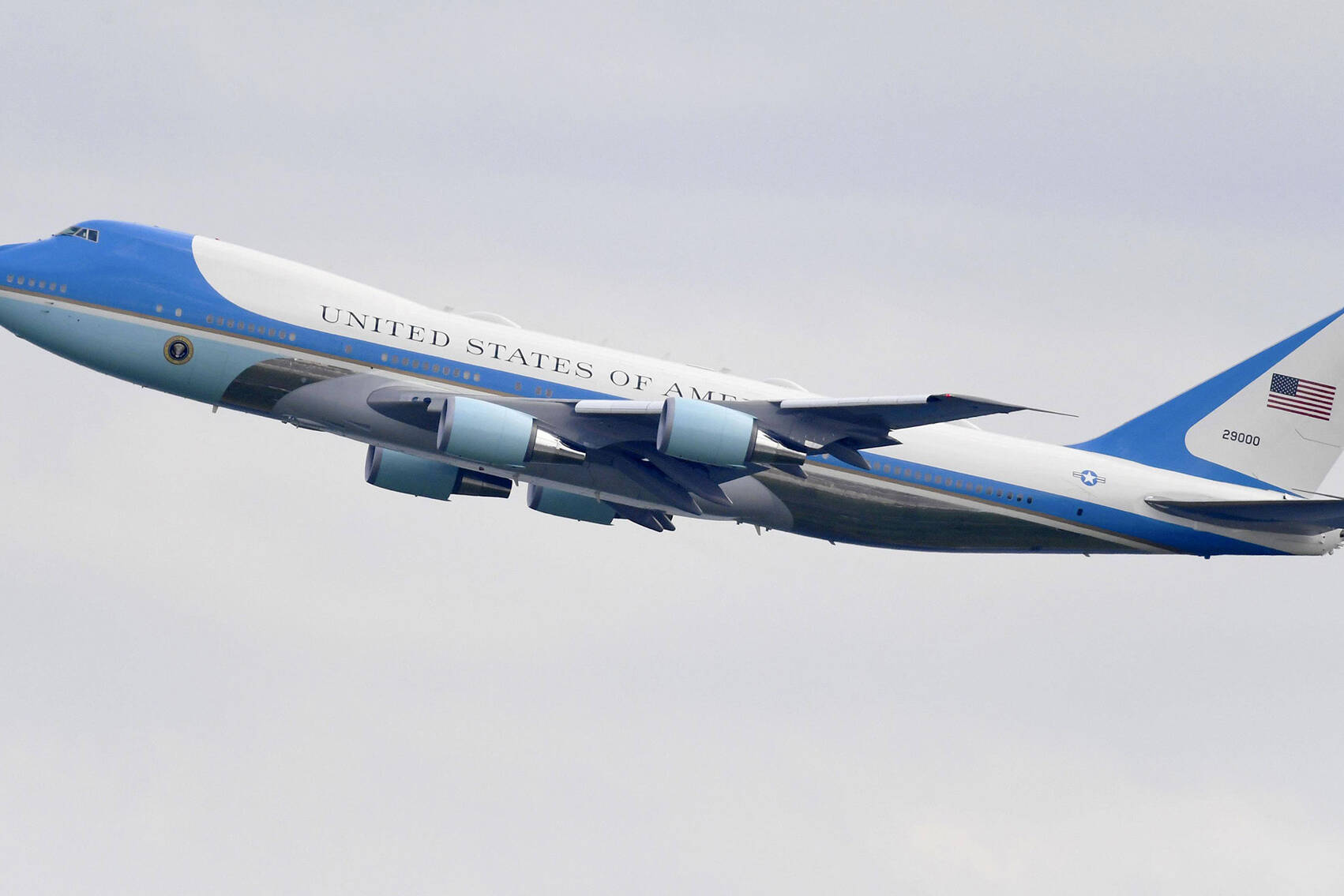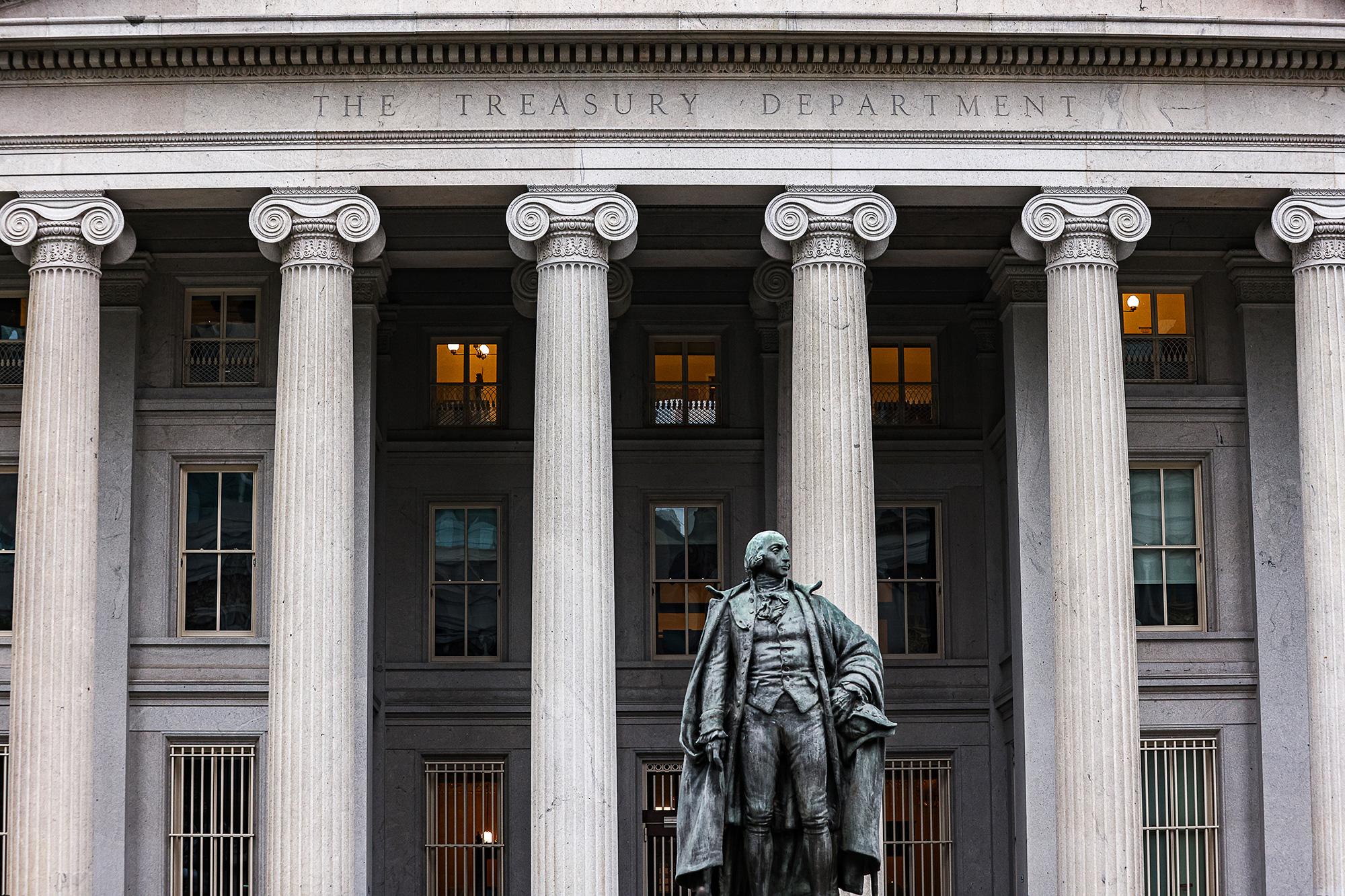Taiwan is a self-governing island of 23 million people with a thriving democracy and world-class tech industry. But its future is at the center of one of the most dangerous geopolitical conflicts today—one that could drag the United States into war with China.
What Is Taiwan and Why Is It Important?
Taiwan has its own government, military, and constitution. It operates independently from China, but Beijing claims Taiwan as part of its territory and vows to reunify it with the mainland—by force if necessary.
Beyond its political status, Taiwan is a global tech powerhouse. It produces more than 60% of the world’s semiconductors and over 90% of the most advanced chips. These are essential for smartphones, computers, cars, and military systems.
Why China Claims Taiwan
China’s claim to Taiwan is rooted in centuries of history and the unresolved legacy of civil war.
- Taiwan became part of imperial China in the late 1600s under the Qing Dynasty. It remained under Chinese rule until 1895.
- After losing the First Sino-Japanese War, China ceded Taiwan to Japan. Taiwan was a Japanese colony for 50 years.
- At the end of World War II, the Allies agreed Taiwan should return to Chinese control. But just as that happened, China descended into civil war.
- The Communist Party took control of mainland China. The defeated Nationalist government fled to Taiwan and continued to claim leadership of all China from there.
- For decades, both the People’s Republic of China (PRC) and the Republic of China (Taiwan) claimed to be the sole legitimate government of China. Until 1973, the U.S. recognized Taiwan as the legitimate government of China, but after the 1972 Shanghai Communique and the formal shift of diplomatic recognition to Beijing in 1979, the U.S. adopted a “one China” policy that acknowledges Beijing’s position that Taiwan is part of China while maintaining unofficial relations with Taipei and opposing unilateral changes to the status quo.
The U.S. maintains a strategic ambiguity about this situation, acknowledging the PRC’s “one China” stance but separately emphasizing that Taiwan’s future must be resolved peacefully and with the consent of its people, underpinned by commitments under the Taiwan Relations Act (1979) to support Taiwan’s self-defense capabilities and democracy. This posture creates a deliberate grey zone where the U.S. neither endorses Taiwanese independence nor accepts PRC sovereignty claims.
To the Chinese Communist Party, reunification with Taiwan is not expansion—it is the final step in restoring China’s national unity and historical integrity. That belief makes the Taiwan issue deeply emotional, politically charged, and essentially non-negotiable for Beijing.
Why China Wants Taiwan Today
China’s ruling Communist Party sees reunification as a matter of national pride and legitimacy. But the stakes go far beyond history.
Taiwan is a key link of the “first island chain,” a string of US-aligned territories that includes the Philippines and Japan that help contain China’s military ambitions. If China gained control of Taiwan, it would gain a major foothold in the Pacific, undercutting US influence.
China also sees Taiwan’s success as a political challenge. It is a thriving democracy, and polling consistently shows that only a small minority of Taiwanese support unification with China. For example, a February 2025 survey by the Taiwan Public Opinion Foundation found just 3.1% of respondents strongly support unification.
Taiwan’s Role in the Global Economy
Taiwan is home to TSMC, the world’s most advanced chip manufacturer. These semiconductors power everything from smartphones to servers to fighter jets. As of the fourth quarter of 2024, TSMC held a market share of 67.1% in the global foundry market, meaning it manufactures more than two-thirds of all chips produced by contract foundries worldwide. Losing access to them or letting China take control would send shockwaves through the global economy and weaken US national security.
This is not theoretical. China has been aggressively investing in domestic chip production, but it still relies heavily on Taiwan’s supply. That dependency is both a vulnerability and a reason for pressure.
What Happens If China Invades Taiwan?
If China attacks, the United States could be drawn into direct conflict with another nuclear-armed superpower. U.S. law requires Washington to help Taiwan defend itself, though it does not guarantee military intervention.
The Center for Strategic and International Studies (CSIS) conducted a comprehensive wargame simulating a Chinese amphibious invasion of Taiwan, running the scenario 24 times. In most cases, the United States, Taiwan, and Japan successfully repelled the invasion, maintaining Taiwan’s autonomy. However, the cost was extremely high: the U.S. and its allies lost dozens of ships, hundreds of aircraft, and tens of thousands of personnel. Taiwan’s economy was devastated, and the U.S. suffered long-term damage to its global position.?
Why Americans Should Pay Attention to Taiwan
Taiwan is not just a far-off island. It is a symbol of democracy, a pillar of the global economy, and a potential trigger for international conflict. How the world responds to this crisis will shape the balance of power in Asia and beyond.
Related
Sam Zickar
Sam Zickar is Senior Writer at No Labels. He earned a degree in Modern History and International Relations from the University of St Andrews and previously worked in various writing and communications roles in Congress. He lives in the Washington, D.C. area and enjoys exercise and spending time in nature.




